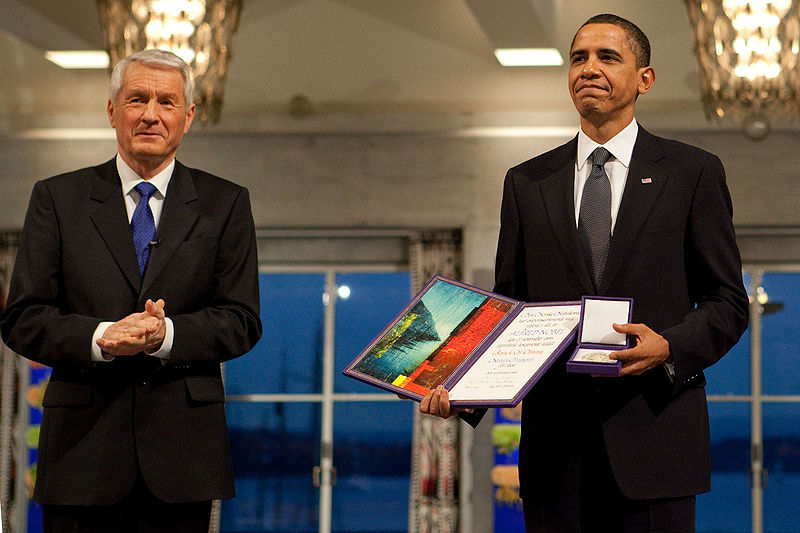
Winning the Nobel Peace Prize is not simply a matter of stopping wars it’s a matter of making history. But for American presidents, the route to Oslo hasn’t been a simple one. The prize has capped some leaders at times of victory, while overlooking others even with news-breaking diplomacy. And with the 2025 announcement just out, political circles are abuzz with speculation over who gets the nod and who gets ignored.
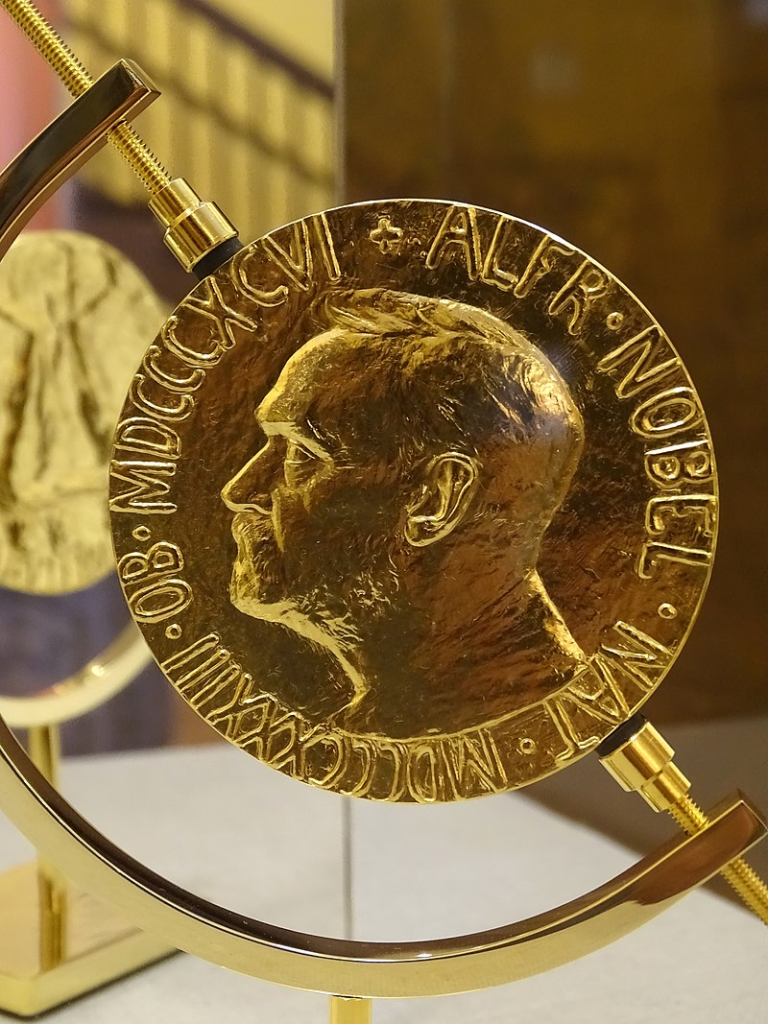
The Nobel Peace Prize, created by Alfred Nobel’s will in 1896, honors those who have worked for fraternity between nations, reduced standing armies, or promoted peace congresses. Over its 124-year history, it has been awarded to only four U.S. presidents and one vice president. But each win or loss has carried its own political baggage, sparking debates about merit, timing, and the committee’s motives. Here’s a closer examination of the most significant American moments in Nobel Peace Prize history.
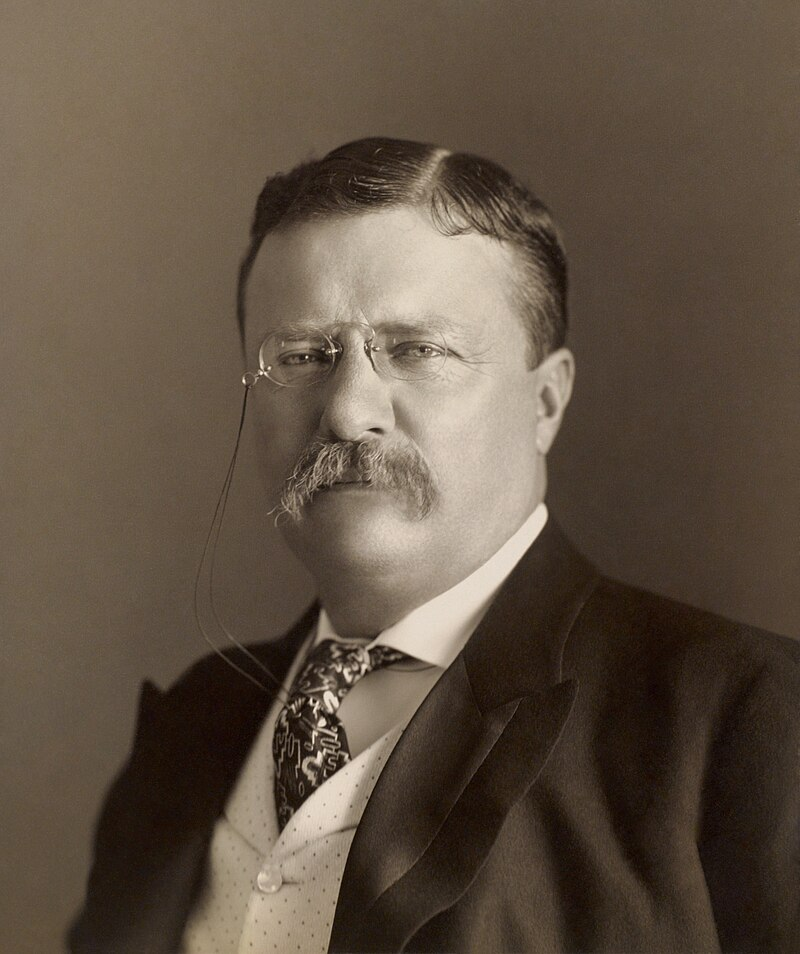
1. Theodore Roosevelt’s 1906 Victory Despite Military Power
Theodore Roosevelt was the first U.S. president to be awarded the Nobel Peace Prize in 1906 for his role as mediator of the Russo-Japanese War. His diplomacy helped the war avoid escalating into a world war, and he even negotiated a Gentleman’s Agreement with Japan to defuse immigration tensions. But the award was controversial Norwegian critics viewed him as an imperialist with a military bent, and Swedish newspapers insisted that Alfred Nobel would be “rotting in his grave.” As historical records describe, Roosevelt’s victory registered a turning of the peace movement toward the acknowledgment of statesmen who were able to exercise actual political power, even if their track records were spotty.
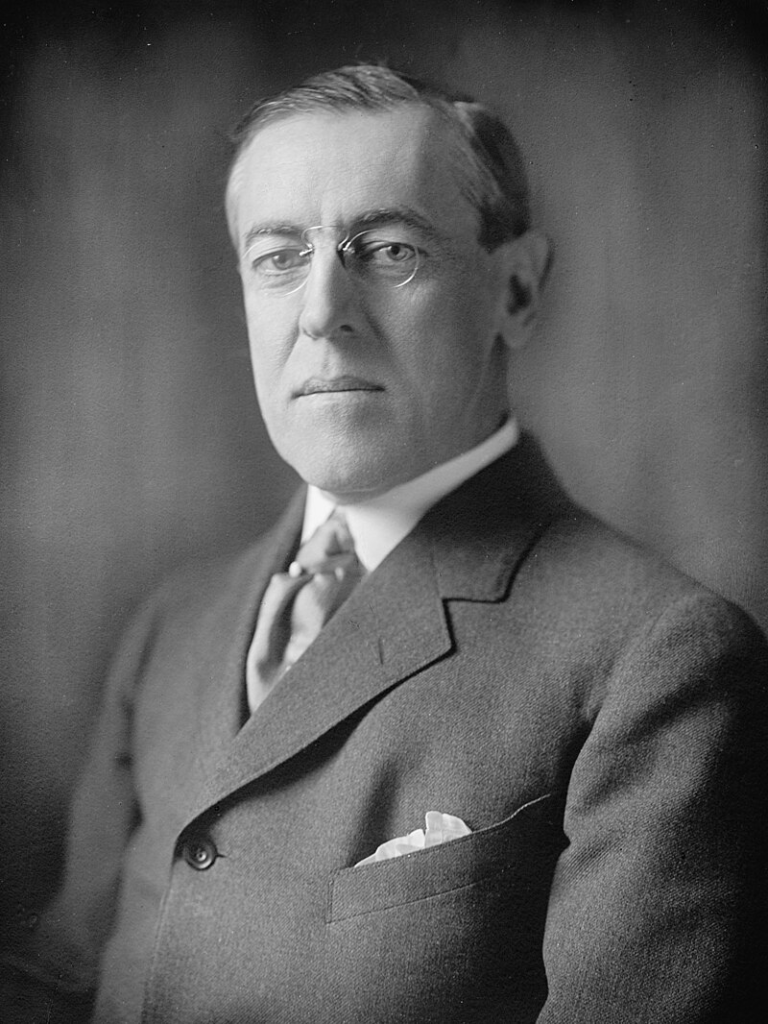
2. Woodrow Wilson’s 1919 Award for the League of Nations
Woodrow Wilson was awarded the Nobel Peace Prize in 1919 for his contributions to the end of World War I and the creation of the League of Nations. His renowned Fourteen Points articulated a vision of enduring peace, and the League served as an antecedent to the United Nations. Wilson’s early life in Georgia, influenced by the Civil War and Reconstruction, had a dramatic impact on his diplomatic ideals. But he couldn’t be there for the imminent ceremony American minister Albert Schmedeman took his place highlighting how international recognition sometimes comes amid national difficulties.

3. Jimmy Carter’s 2002 Award for Humanitarian Diplomacy
Jimmy Carter’s 2002 Nobel Peace Prize recognized a lifetime of conflict resolution, democracy promotion, and advocacy for human rights. Through the Carter Center, he addressed such varied issues as disease eradication and election observation. The timing was interesting Carter’s prize was awarded as America was mobilizing for war with Iraq, and Nobel Committee chairman Gunnar Berge suggested that Carter could have been awarded the prize in 1978 for his mediation between Israel and Egypt. His victory supported the notion that the Nobel can also reward long-term efforts and not necessarily short-term political successes.
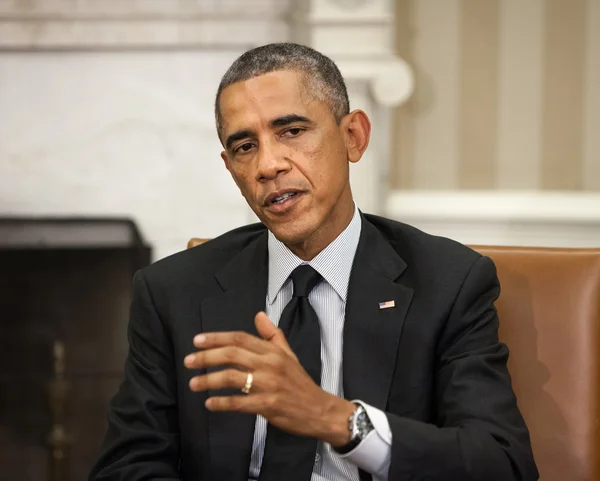
4. Barack Obama’s 2009 Surprise Early in His Presidency
Barack Obama’s 2009 Nobel Peace Prize was for “extraordinary efforts to strengthen international diplomacy and cooperation between peoples.” Obama himself confessed to being surprised, commenting in his acceptance speech that he was “at the beginning, and not the end” of his endeavors on the world stage. Detractors claimed the prize was premature, and many years later, ex-Nobel Institute chief Geir Lundestad acknowledged it “didn’t achieve what it had hoped for.” Nevertheless, Obama’s policies on nuclear disarmament, global warming, and engagement with the Muslim world aligned with the committee’s ideal of mutual cooperation among nations.
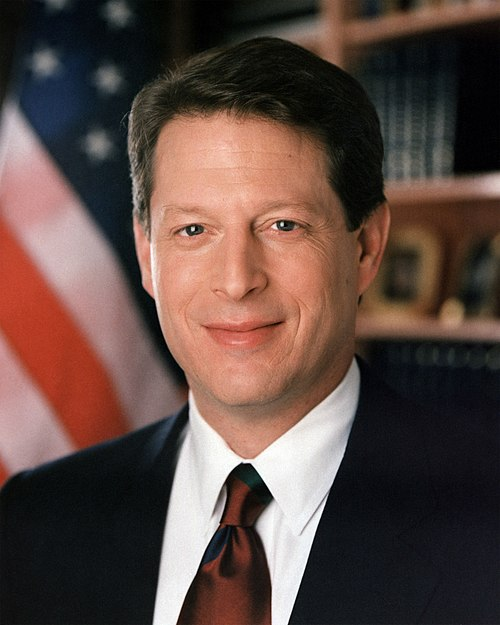
5. Al Gore’s 2007 Climate Change Advocacy
Vice President Al Gore was awarded the 2007 Nobel Peace Prize, along with the Intergovernmental Panel on Climate Change, for sounding the alarm about climate change and encouraging solutions. Gore’s efforts, through the documentary “An Inconvenient Truth,” connected environmental sustainability and world stability. His prize set a precedent for the Nobel’s expanding scope to encompass environmental concerns as part of peace a precedent that still shapes recommendations today.

6. The 2025 Snub of Donald Trump
Even with big-name peace agreements, such as a Gaza ceasefire and the Abraham Accords, Donald Trump was snubbed for the 2025 Nobel Peace Prize, which was awarded to Venezuelan opposition leader María Corina Machado. Israeli Prime Minister Benjamin Netanyahu to Pfizer CEO Albert Bourla publicly asserted that Trump “deserves it,” but numerous nominations came in after the February 1 deadline. Nobel deputy leader Asle Toje pointed out that aggressive campaigning can harm a candidate’s prospects, adding that such campaigns “have a rather more negative effect than a positive one.” The rejection re-ignited controversies regarding whether the committee’s choices are politicized.
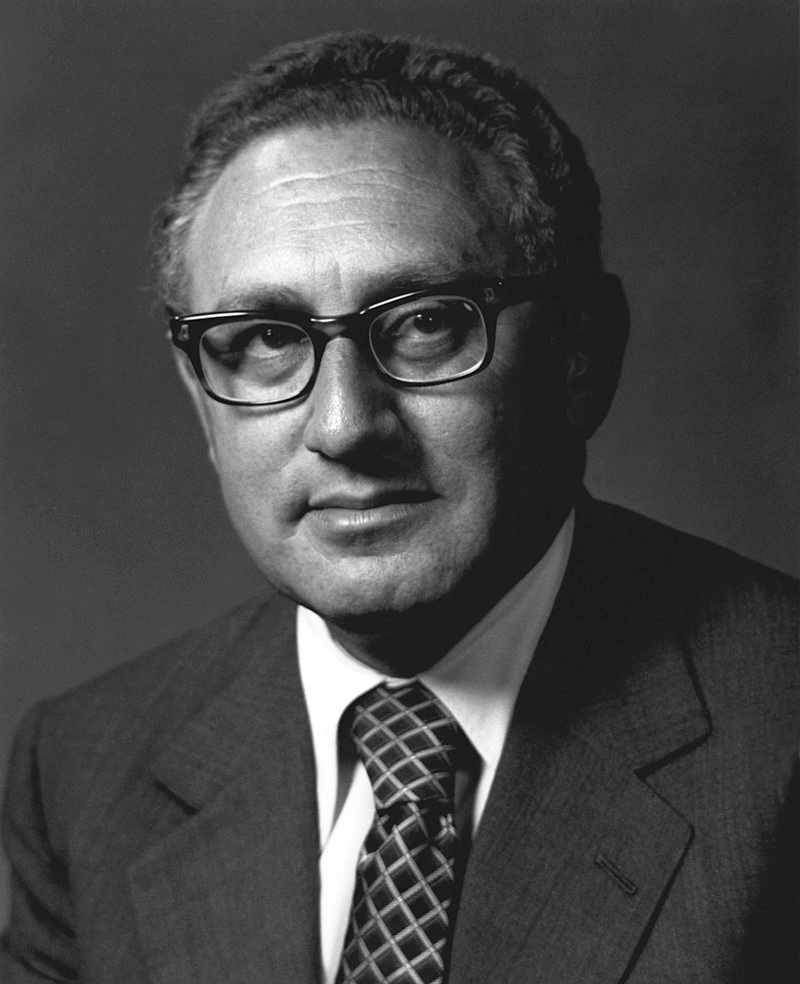
7. Scandalous Winners Who Stirred Controversy
The Nobel Peace Prize has a history of controversial prizes. Henry Kissinger’s 1973 victory for a Vietnam ceasefire elicited two committee resignations since the war went on for decades. Ethiopian Prime Minister Abiy Ahmed’s 2019 award was subsequently criticized after his regime had a brutal civil war. Even Yasser Arafat’s 1994 award resulted in a committee member’s resignation due to his violent history. These instances prove that the Nobel’s reputation does not protect it from criticism and that timing, situation, and subsequent behavior can redefine how a victory is recalled.
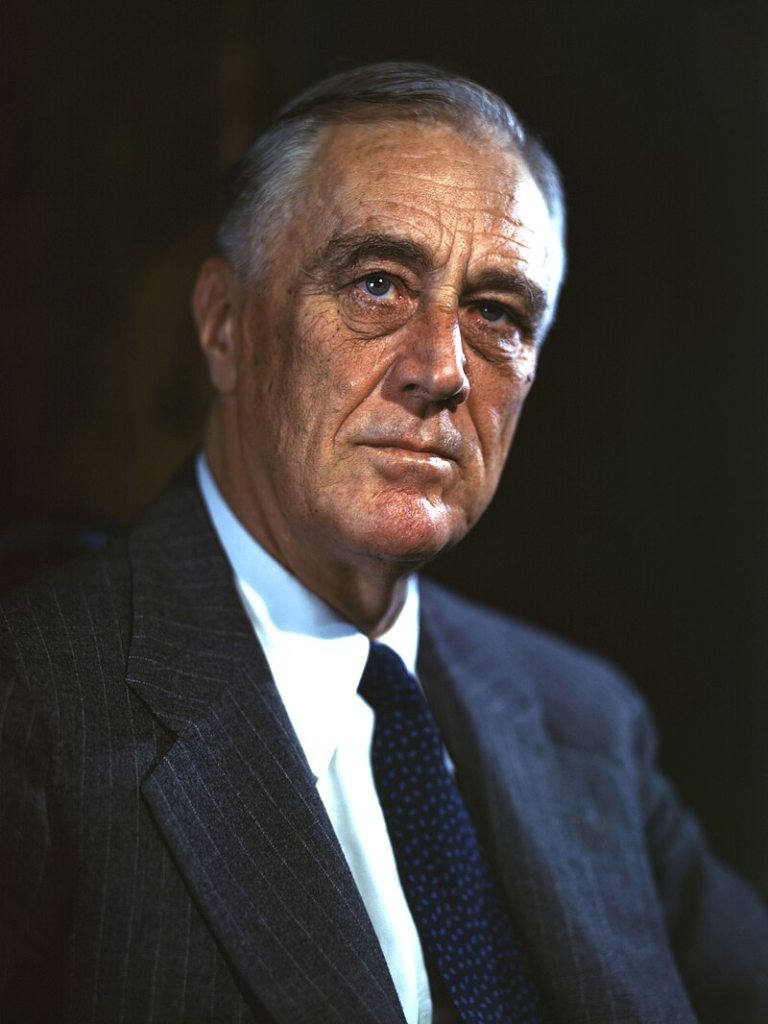
The Nobel Peace Prize is one of the world’s most prestigious awards, but its legacy with U.S. presidents is a complicated blend of diplomacy, politics, and public opinion. From Roosevelt’s historic victory to Trump’s news-making omission, each instance reflects changing concepts of peace and the impact of world events. Whether viewed as a crowning glory or a contentious decision, the award continues to raise questions about who actually makes a more peaceful world and why.


